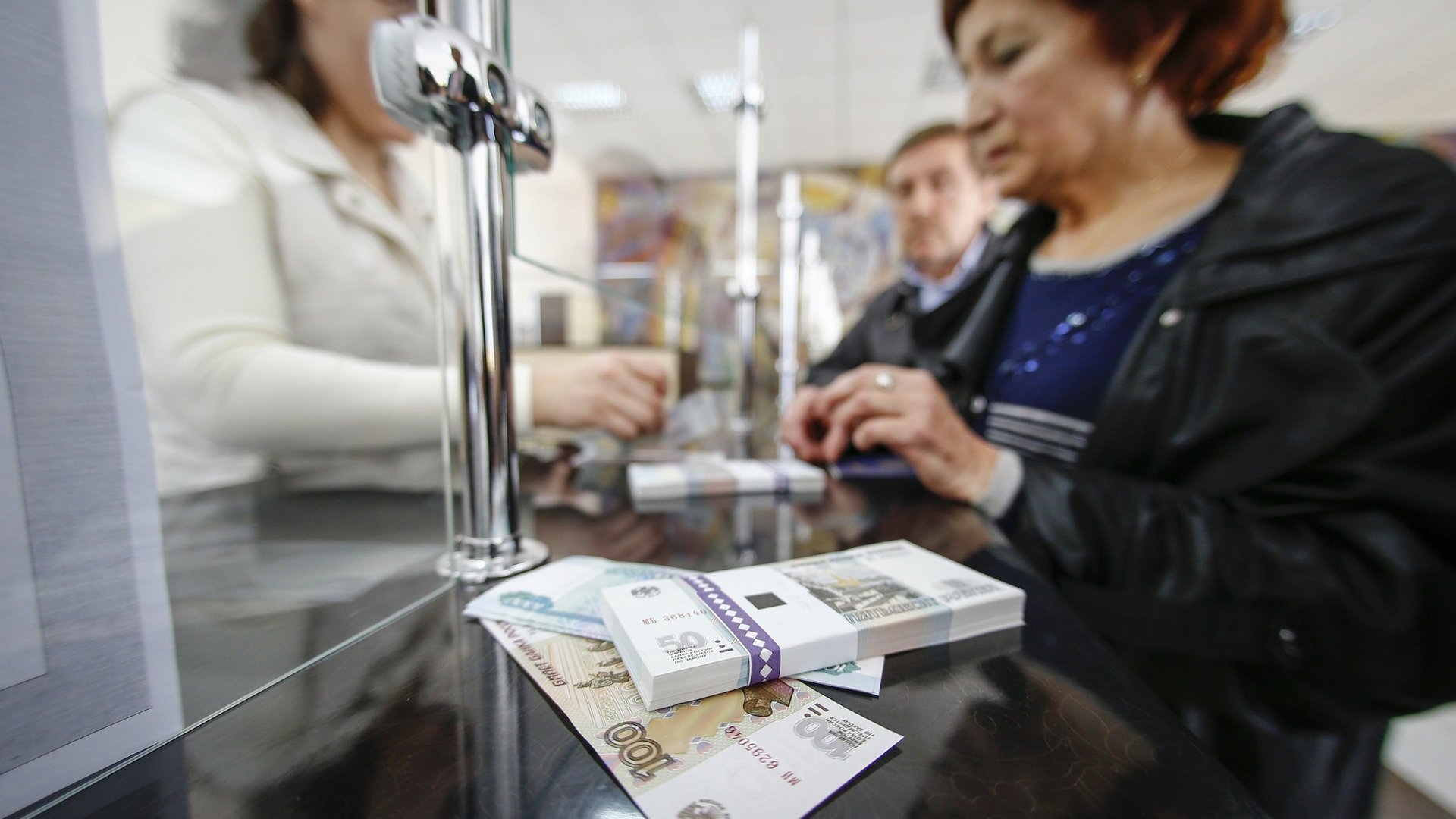Why women invest less than men, even though they’re better at it
Women tend to invest less than men, but when they do it, they do a better job.


Women tend to invest less than men, but when they do it, they do a better job.
Women see higher returns on their investments. Investment portfolios controlled by women tend to be more varied, less risky, and generally more successful. Similarly, female entrepreneurs are more likely to capitalize on ambition and dedication than men—who generally get ahead by being rebellious and taking risks.
However, the very caution that makes women generally better at risk management than their male counterparts sometimes keeps them from taking any risks at all. In an interview today with NPR, the president of the Women’s Institute for a Secure Retirement, Cindy Hounsell, said women want the security of a large savings account. “Women are terrified of retirement,” she said. “They’re terrified of running out of money. They’re terrified of becoming bag women.” So while many women save, relatively few of them invest.
While Hounsell’s explanation is a little off-putting (“We don’t want wealth management gobbledygook that we can’t understand,” she said of half the population) the fact remains. And it’s true that women may have more trouble relating to financial advisors, who are primarily white men. The tradition of men controlling finances may also be a factor—Hounsell said she has seen some clients who entrust finances to their husbands, even when it is the women who serve as primary breadwinners. But generally speaking, men also have more of a taste for risk than women do. The difference is probably due to testosterone levels: One study saw risky behavior increase along with testosterone levels, regardless of gender, but in general, testosterone is a hormone that men have more of. This likely makes it easier for men to decide to invest their money, which is riskier than keeping the same amount of cash in savings.
Hounsell is focused on getting more women into the stock market, but financial advisors should be prepared to alter their tactics for a new generation of men, too. So-called Millennials, the generation currently coming of age, invest more like their grandmothers than their fathers. Millennials are keeping their savings in cash instead of stocks—probably because the recession has made them wary of the stock market—and tend to trust the advice of their family over professional advisors.